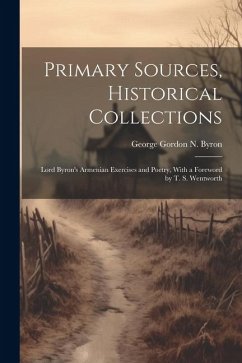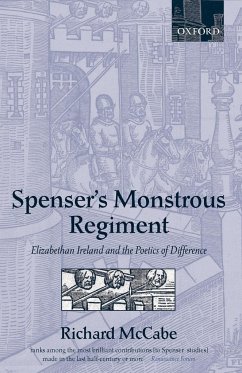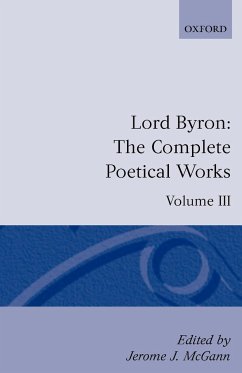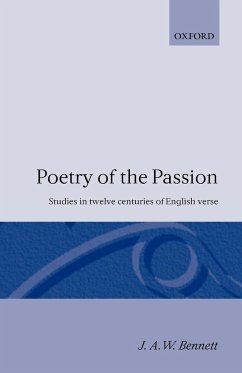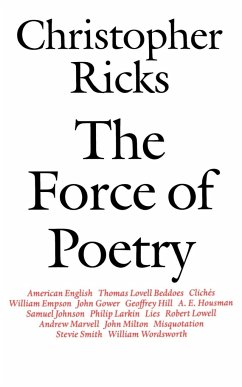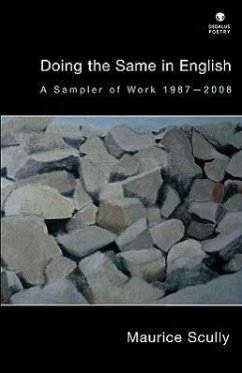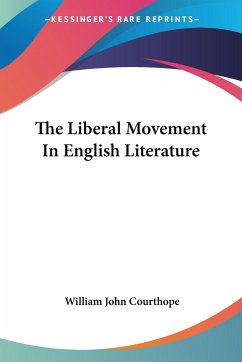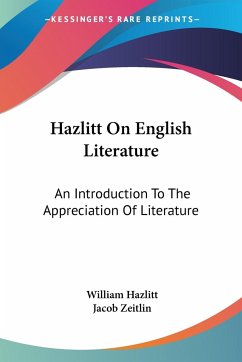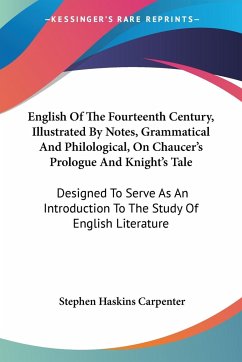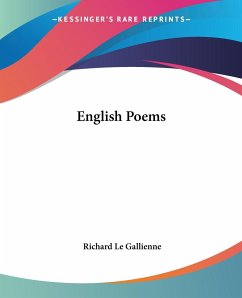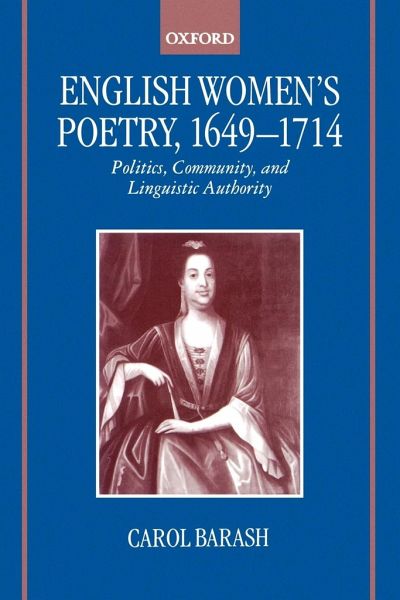
English Women's Poetry, 1649 - 1714
Versandkostenfrei!
Versandfertig in 1-2 Wochen
67,99 €
inkl. MwSt.

PAYBACK Punkte
34 °P sammeln!
This study reconstructs the political origins of English women's poetry between the execution of Charles I and the death of Queen Anne. Drawing on extensive archival research in England and the United States, Barash argues that ideas about women's voices and women's communities were crucial to the shaping of an English national literature after the civil wars. Women entered print culture--as poets and as women--by situating their writing in defence of embattled monarchy. In particular, Barash points to women poets' fascination with the figure of the female monarch (both real and mythic). Their...
This study reconstructs the political origins of English women's poetry between the execution of Charles I and the death of Queen Anne. Drawing on extensive archival research in England and the United States, Barash argues that ideas about women's voices and women's communities were crucial to the shaping of an English national literature after the civil wars. Women entered print culture--as poets and as women--by situating their writing in defence of embattled monarchy. In particular, Barash points to women poets' fascination with the figure of the female monarch (both real and mythic). Their sense of poetic legitimacy derives from the communities they generate around figures of female authority, particularly James II's second wife, Mary of Modena, and later Queen Anne. Writers discussed include Aphra Behn, Katherine Philips, Anne Killigrew, Jane Barker, and Anne Finch.





